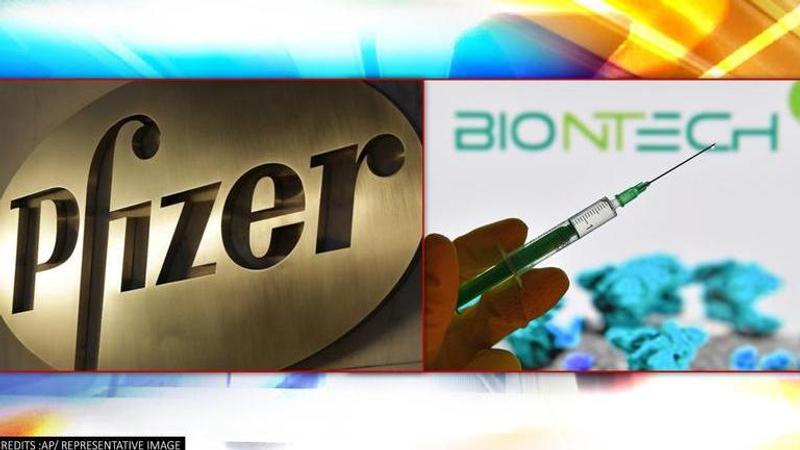Published 15:25 IST, December 2nd 2020
Pfizer-BioNTech COVID-19 vaccine: How is mRNA-based vaccine developed?
The UK has become the first country in the world to approve Pfizer-BioNtech COVID-19 vaccine candidate for widespread use. Vaccination to begin next week.

As the UK on December 2 became the first country in the world to approve Pfizer-BioNtech COVID-19 vaccine candidate for widespread use, the m-RNA-based vaccine will be introduced to more vulnerable groups in the country within a few days. The British regulator, MHRA has said that the vaccine which has shown 95 per cent efficacy, is safe for mass roll out with immunisations in the country starting "early next week" among the high priority groups.
Britain has reportedly already placed an order of 40 million doses of Pfizer-BioNTech's COVID-19 vaccine to provide the double-dose immunisation to at least 20 million people. Announcing the news of Medicines and Healthcare products Regulatory Agency (MHRA) approval, BUK Prime Minister Boris Johnson said ‘its fantastic’ while British Secretary of Health and Social Care, Matt Hancock said 'help is on its way'.
How mRNA-based vaccine is developed? How is it different?
Traditionally, a vaccine comprises of a dead or weakened part of the pathogen that causes the disease. The amount is such, that it won’t make the recipient sick but enough for the body to identify the virus or the bacteria as a foreign element which is followed by the generation of an immune response. Therefore, when the same individual is infected by the pathogen he or she is vaccinated, the immune response will be all set.
However, the Pfizer-BioNTech COVID-19 vaccine is mRNA-based. It means that the individual is not being injected with the parts of the virus but instead, the recipient will be administered with the part of the genetic code of the coronavirus. This further tricks the body into producing some of the viral proteins on its own so that the immune system detects these proteins and generate a defensive response to them.
Phase 3 clinical trials
On November 18, Pfizer and BioNTech had announced that their COVID-19 vaccine is 95 per cent efficient against the highly infectious disease "met all of the study’s primary efficacy endpoints". The Phase 3 clinical trail data indicated high efficacy in the volunteers without any prior infection of the novel coronavirus along with the ones with or without SARS-CoV-2 infection. The measurements were taken in both cases seven days after the second dose was injected.
The company also said that the "first primary objective analysis is based on 170 cases of COVID-19, as specified in the study protocol, of which 162 cases of COVID-19 were observed in the placebo group versus 8 cases in the BNT162b2 group. Efficacy was consistent across age, gender, race and ethnicity demographics." Furthermore, its vaccine's efficacy in adults over 65 years of age was over 94%."
Meanwhile, Pfizer Inc CEO Albert Bourla hailed the UK government’s approval of its COVID-19 vaccine developed in collaboration with German drugmaker BioNTech as ‘historic moment’. While the British government is eyeing to roll out first inoculations starting within a few days, the chief executive of the American pharmaceutical company reportedly said that the emergency use authorisation in Britain is a major milestone in the fight against COVID-19 pandemic.
Updated 15:23 IST, December 2nd 2020




